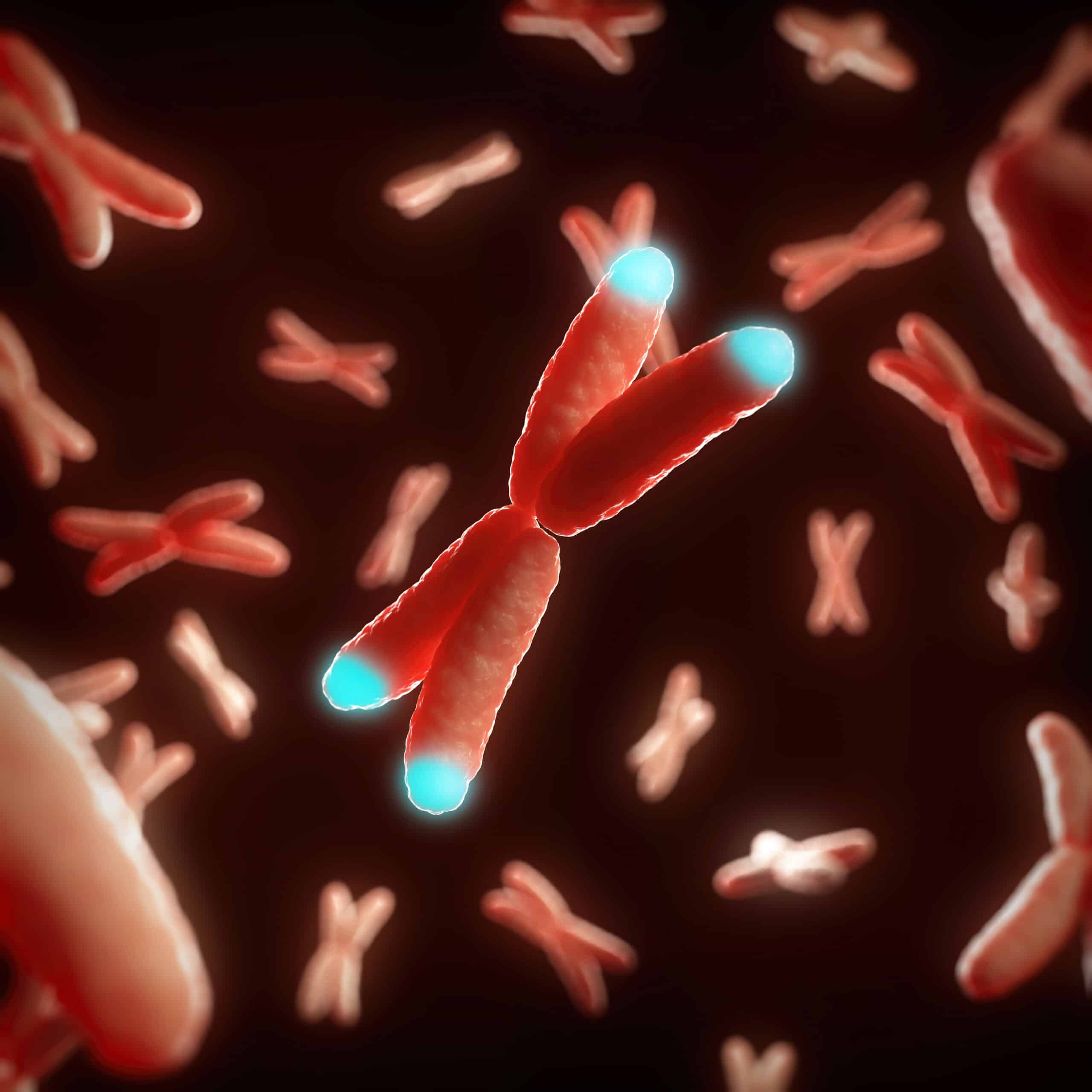Loss of genetic material during cellular replication is preventing by telomerase adding short regions of telomeres to the ends of chromosomes, that is inactive in most adults cells, which means it shortens during our lifetime, the shortening is thought to be responsible for aging, reactivation can be seen in cancer allowing cells to proliferate uncontrollably.
Telomerase discovery 30 years ago at UC Berkeley brought interest regarding the role enzyme plays in cancer and aging, inspiring many efforts to manufacture medications that can block or activate it. Neither drugs have emerged yet, the image of the enzyme produced should help to kick start the process and enable more targeted drug screening and improved drug design.
Obtaining pure samples of telomerase, which has as RNA backbone with 6 types of protein that add DNA to chromosomes ends, has proven to be difficult. Whether telomerase operates singly or as conjoined proteins, as well as how many proteins add the DNA has researchers in disagreement worldwide, without definitive answers it is difficult to design drugs to target and destroy the enzyme, and stop cancer, or restart the enzyme which may for example trigger rapid cell division following bone transplant. According to the researchers although the published structure lacks final detail, combined with the knowledge about its gene sequence this should provide enough information to start considering potential drug targets.




